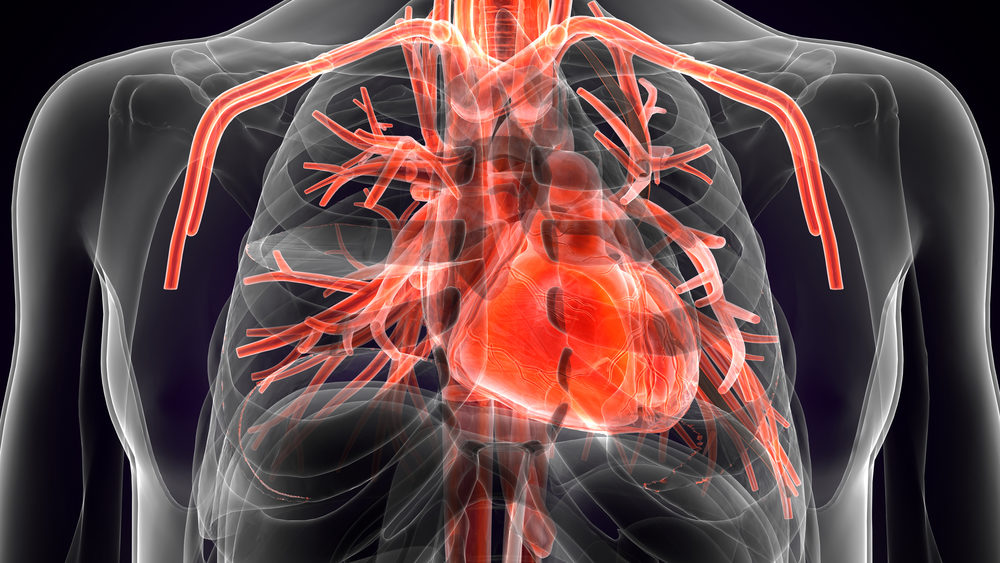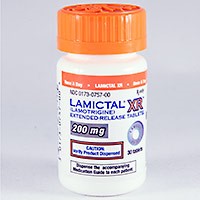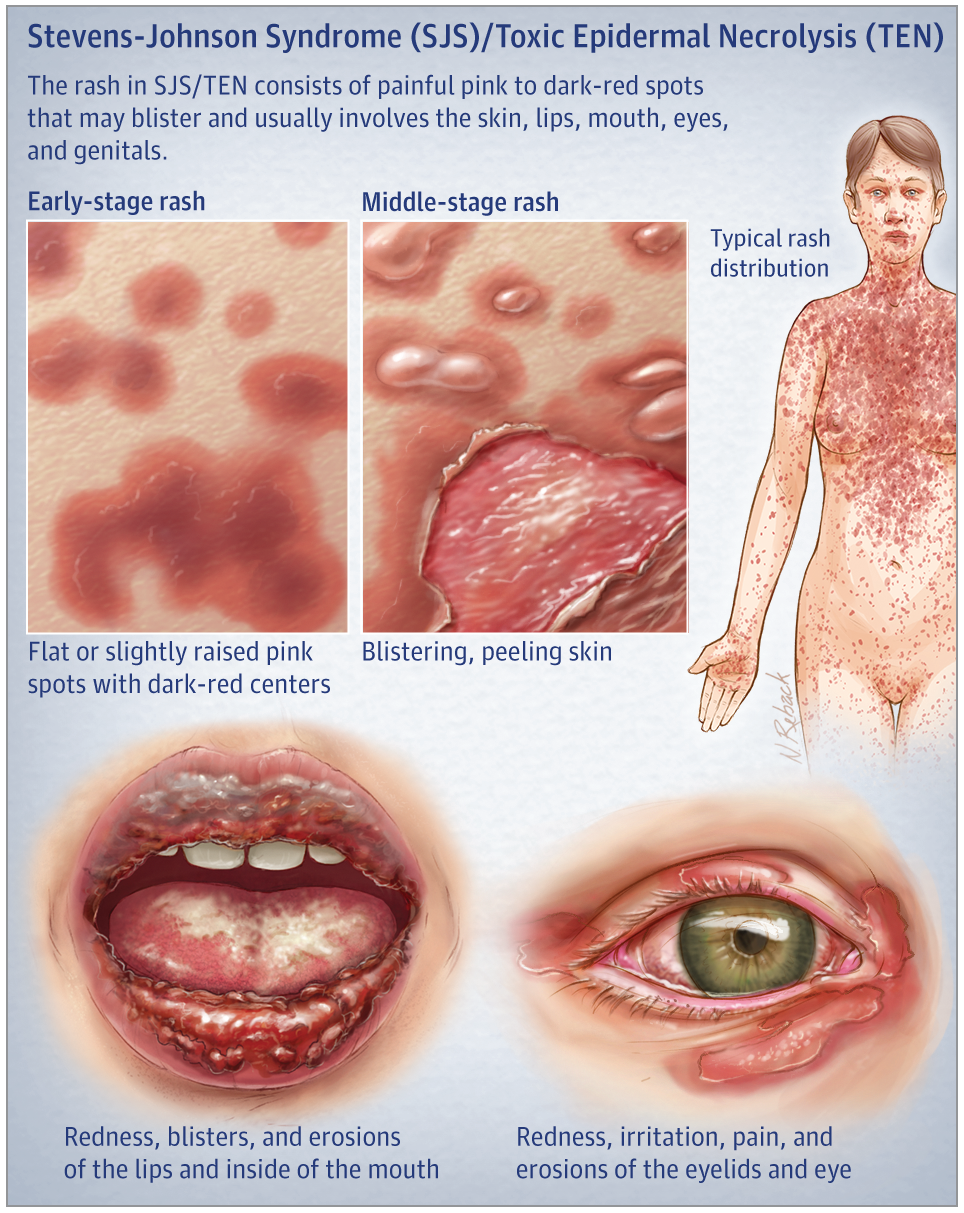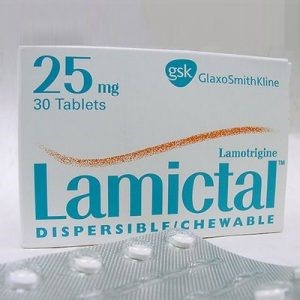Stevens-Johnson Syndrome (SJS) is a rare disease caused from a drug reaction. This life threatening disease affects thousands of people each year.
Symptoms of SJS include hives, blisters, shedding of the skin, swelling of the face, red or purple skin rash, skin pain, headaches and swelling of the tongue. SJS can result in serious pain and suffering and in some circumstances, death.
Dilantin, a drug associated with SJS, is also known as phenytoin sodium and manufactured by Pfizer. It is used in the treatment of seizures. In many situations, the consumer of drug will see visible manifestations of SJS reaction within a few days of starting the anti-seizure medication. However, others may not see the manifestations or reaction due to Dilantin until several weeks later.
Other drugs associated with SJS include:
- Advil/Ibuprofen
- Ansaid/flurbiprofen
- Allopurinol
- Bextra/valdexocib
- Cataflam/diclofenac
- Celebrex/celoxicab
- Children’s Advil/motrin
- Clinoril/sulindac
- Daypro/oxaprozin
- Dilantin/phenytoin
- Cerebyx/Fosphenytoin
- Dolobid/diflunisal
- Feldene/piroxicam
- Indocin/indomethacin
- Lamictal/lamotrigine
- Lodine/etodolac
- Nalfon/fenoprofen
- Mobic/meloxicam
- Motrin/ibuprofen
- Naprosyn/naproxen
- Oruvail/ketoprofen
- Ponstel/mefenamic
- Relafen/nabumetone
- Tolectin/tolmetin
- Septra DS/ all sulpha antibiotics
- Toradol/ketorolac
- Vioxx/refecoxib
- Zithromax/azithromycin
If you have any of the above symptoms and have taken counter or prescription drugs, it is crucial you seek medical attention immediately. The sooner you seek medical attention and the reaction is diagnosed, the better apt medical providers will be to address this deadly disease.
If you or a loved one has recently take an over the counter drug or prescription drug and you have developed Stevens-Johnson Syndrome or Toxic Epidermal Necrolysis, you may want to contact our lawyers at Childers, Schlueter & Smith, LLC to see how we can help protect your legal rights. We help patients and families all over the country and do so with unparalleled experience and results.
Please also contact us to receive a copy of: The 10 Things Every SJS Patient Should Know and Do
Other Stevens-Johnson Syndrome News
A study has found that survivors of Stevens-Johnson syndrome (SJS) have a higher risk of cardiovascular problems, specifically cerebrovascular accidents and ischemic heart disease, compared to the general population.
Medical negligence may contribute to Stevens-Johnson Syndrome (SJS) or Toxic Epidermal Necrolysis (TEN). Learn how drug errors, misdiagnosis, or lack of warnings could support a legal claim.
Lamictal has been linked to Stevens-Johnson Syndrome (SJS), a life-threatening skin reaction. Learn how improper prescribing or dosing may lead to serious injuries and legal action.
If you've been diagnosed with Stevens-Johnson Syndrome or Toxic Epidermal Necrolysis, it’s critical to act quickly and consult an experienced attorney to protect your legal rights and potential claim.
Allopurinol, a common gout medication, has been linked to Stevens-Johnson Syndrome—a rare but serious skin reaction that may require hospitalization and lead to long-term complications.
Improperly prescribed Allopurinol and Lamictal are leading causes of SJS/TEN. Learn how medical errors may have contributed to your injury—and why early legal action is essential.







